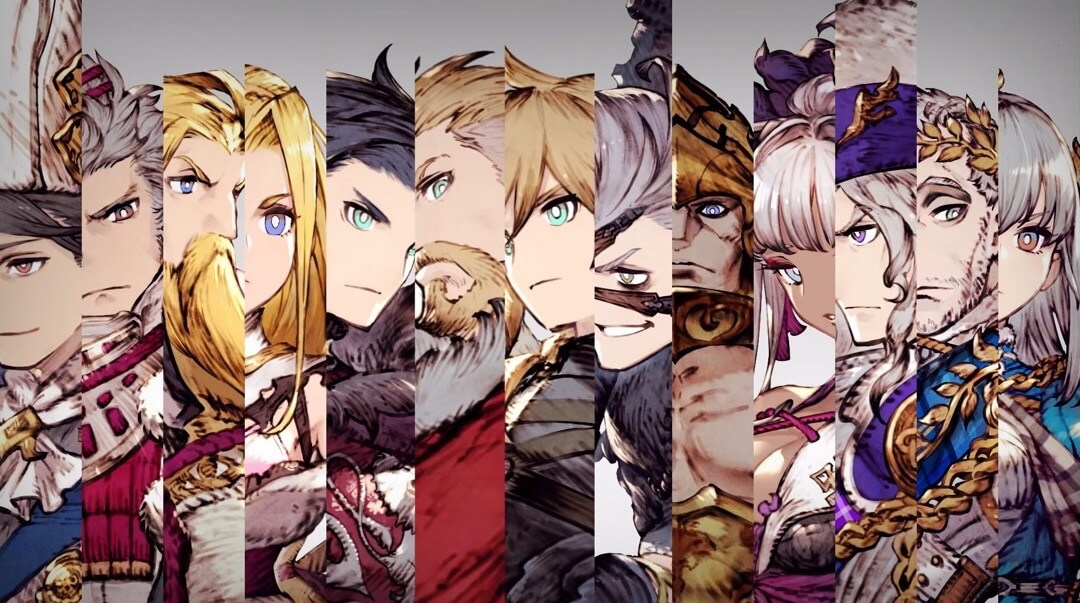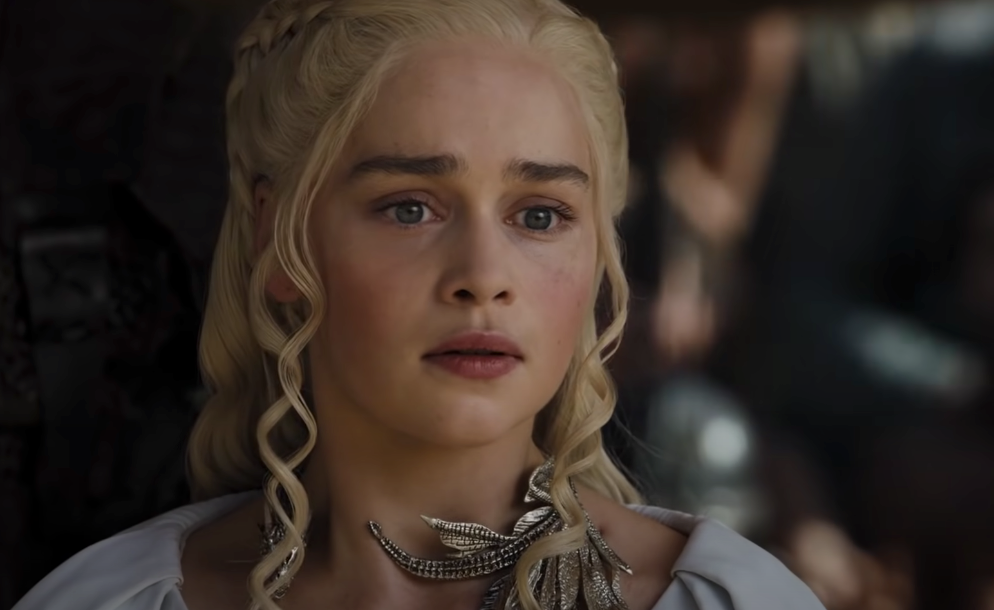At the end of yesterday’s Summer Game Fest stream, host and impresario Geoff Keighley announced that the show would return in June 2023 as both a digital and, for the first time, in-person event. (There is a small physical component to this year’s Summer Game Fest, but it’s media-only. Oh, and you could also pay to view it in an IMAX theater, if you really wanted to.)
Keighley’s announcement came just days after the Entertainment Software Association confirmed that E3 would return in 2023, both in-person and online, to the Washington Post. ESA president and CEO Stan Pierre-Louis said that, after skipping 2022 entirely, E3 would be back, despite widespread predictions that the stalwart games industry trade show was dead for good after a difficult few years. It now seems the two events are set to clash directly, competing for exclusive reveals, partnerships, eyeballs, and visitors.
This can only mean one thing: The chaos and disarray surrounding the game industry’s traditional June marketing jamboree is set to continue, for one more year at least.
Keighley’s aggressive move against his former partner — he produced the E3 Coliseum live show for a few years but withdrew in early 2020, before that year’s event was canceled — comes at a rough time for E3, the ESA, and the summer games celebration in general.
The pandemic years have, naturally, been tough on E3. When the 2020 show was canceled, Keighley swooped in to stake his claim to a digital version of its celebration of the game industry with the first Summer Game Fest. It worked, up to a point, but many publishers chose to scatter their own showcases throughout a long and exhausting summer of piecemeal reveals.
In 2021, E3 attempted to return with its own digital event, which was a poorly conceived disaster, with few partners and few reasons to exist. The way the online event was designed betrayed a poor understanding of the internet, so it made sense that most developers and publishers ended up collaborating with Keighley or hosting their own showcases. A chastened ESA canceled the 2022 show, citing concerns about coronavirus, although reports suggest this was cover for a deeper lack of appetite for staging the event.
BTW, I 100% believe @Futterish's reporting that the ESA gave up on E3 months ago (there would otherwise have been dates on their website) over the PR fluff piece that hit today. No way was this a knee-jerk reaction to Omicron. It's E3 throwing in the towel
— Jason Schreier (@jasonschreier) January 6, 2022
In fact, E3’s woes go back further than the pandemic. It had already started losing key exhibitors prior to 2020, in particular EA and, most damagingly, Sony. Stakeholders at the big brands were apparently questioning the value of an expensive in-person trade show when they could address fans and the industry directly online.
Since 2017, E3 has also attempted to morph what had always been an industry-only show — albeit with a pretty wide definition of “industry” — into a hybrid trade and public event, with some tickets available for the public to buy. This only resulted in an overcrowded event that didn’t seem well set up to serve either of its audiences.
To make matters worse, in 2019, the ESA earned the profound mistrust of the media when a leak of its database revealed the personal details of thousands of attendees, mostly journalists and influencers, opening them up to harassment.
The ESA and E3 as we know it have an awful long way back to climb out of this position — which, it must be said, is more than partly self-inflicted. The E3 brand, as powerful as it is, is damaged, and the organization behind it is hemorrhaging trust and relationships. The time seems right for someone like Keighley to step in and replace it.

E3 in its 2009 heyday. Will we ever see the like again?
But it will not be a simple matter. In announcing an in-person component for Summer Game Fest, Keighley is acknowledging that if the summer games celebration is to have a future, it can’t exist only online. Without a physical event, there’s insufficient incentive for developers and publishers to stick to a set of dates or partner up for their reveals — they can just go it alone whenever they want. In theory it might be easier for publishers to make themselves heard that way, but in practice, there’s no focus, and audience interest ebbs away, as we found in 2020. There’s absolutely a benefit to the industry in coming together to show their wares, and it’s more exciting for fans, too — so that means coming together in person.
But staging large-scale physical events like this is tremendously hard. (I should know; I used to work at a company which held its own games expo in the U.K. — EGX — and which was eventually acquired by ReedPop, which runs PAX.) Geoff may understand the internet much better than the ESA, but the ESA has much more experience running a show floor than Geoff, whose only experience staging a physical event is the invite-only Game Awards.
If the ESA chose not to run a show this year, it is because it knows just how difficult that show will be to put together. It is surely also because it is taking the time to reconceive E3 from the ground up as a consumer, rather than industry, event. There’s a very good chance that the E3 of the future will look a lot more like a large-scale fan event — a PAX, a BlizzCon, or a D23 Expo — than a trade show. If it’s smart (which, admittedly, is very much up for debate) the ESA will be looking for a partner experienced in such events to help it stage E3 next year. For all the challenges facing the ESA, putting on a competing event from scratch will be even harder for Summer Game Fest.

Yesterday’s stream proved that digital game events struggle to generate atmosphere.
The final thing to consider when we look ahead to next year is the state of the game industry itself. Yesterday’s opening Summer Game Fest stream was hardly convincing. Presented in a quiet, empty studio with no audience, and boasting a distinctly second-rate roster of reveals, it spoke of a game industry that is still reeling from the pandemic — even as in-person entertainment fields like theater, film, and sports are roaring back to life. Production schedules are clearly still affected; 2022 has so far seen a sudden glut of delayed big releases early in the year, followed by a long, long dry spell.
“We don’t need E3” has been a common refrain for years now. But perhaps we do need something like it to restore some of the confidence, focus, and showmanship that’s currently missing, and to make being a games fan exciting again. Keighley knows this, and the ESA knows it. In their heart of hearts, most publishers know it too, even if they have enjoyed the respite from spending money on it. But it seems it will be at least one more year of chaos, confusion, and scattershot competition before the industry can settle on what that thing should be.
Source: Polygon





















